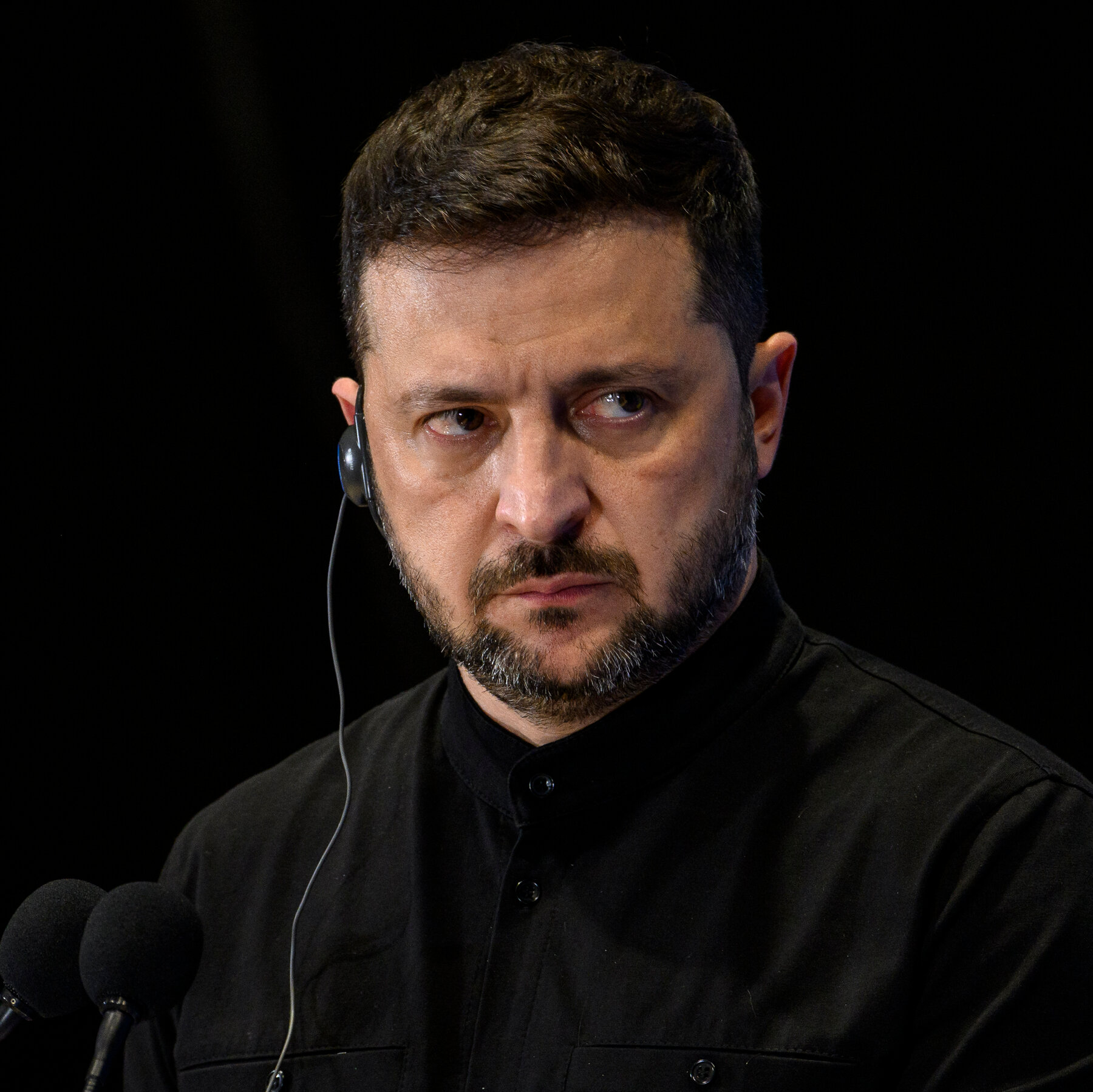After more than three years of conflict, faint signs of life are appearing in the effort to halt the war in Ukraine, though major obstacles remain. This has been largely driven by renewed diplomatic pushes from the United States, which has sought to use its leverage to bring both sides to the negotiating table.
A key development has been a shift in the US administration's approach. The president has given Russia an explicit deadline to agree to a ceasefire or face new, severe sanctions. This ultimatum, which reportedly came after a period of private frustration with the lack of progress, has been seen as a new and more aggressive strategy to force an end to the conflict.
In response, both Russia and Ukraine have offered their own proposals for renewed talks. Ukrainian President Volodymyr Zelenskyy has suggested reviving negotiations in Istanbul, which have yielded some limited results in the past, such as prisoner and body exchanges. Zelenskyy has also reiterated his offer for a direct meeting with Russian President Vladimir Putin. Russia, while confirming receipt of the proposal, has stated that its main objective remains to "achieve our goals" in the war. The Kremlin has also claimed that a peace deal was close in 2022, but was sabotaged by Western powers, particularly the UK, a claim the West denies.
While these diplomatic entreaties are taking place, the conflict on the ground continues to escalate. Both sides have recently launched major attacks, with Russia carrying out drone and missile strikes on Ukrainian cities and Ukraine launching its own offensive. The conflicting statements from both sides—calls for peace from leaders while military offensives continue—highlight the immense difficulty of achieving a durable ceasefire.
The international community is also a key factor. European allies, who have been a major source of military and financial aid for Ukraine, are also working with the US to coordinate their diplomatic and economic pressure on Russia. However, some European leaders have also expressed a growing sense of "Ukraine fatigue," which could also create pressure for a resolution.



 Uncategorized
Uncategorized 21 Jul, 2025
21 Jul, 2025 Chloe Rivera
Chloe Rivera